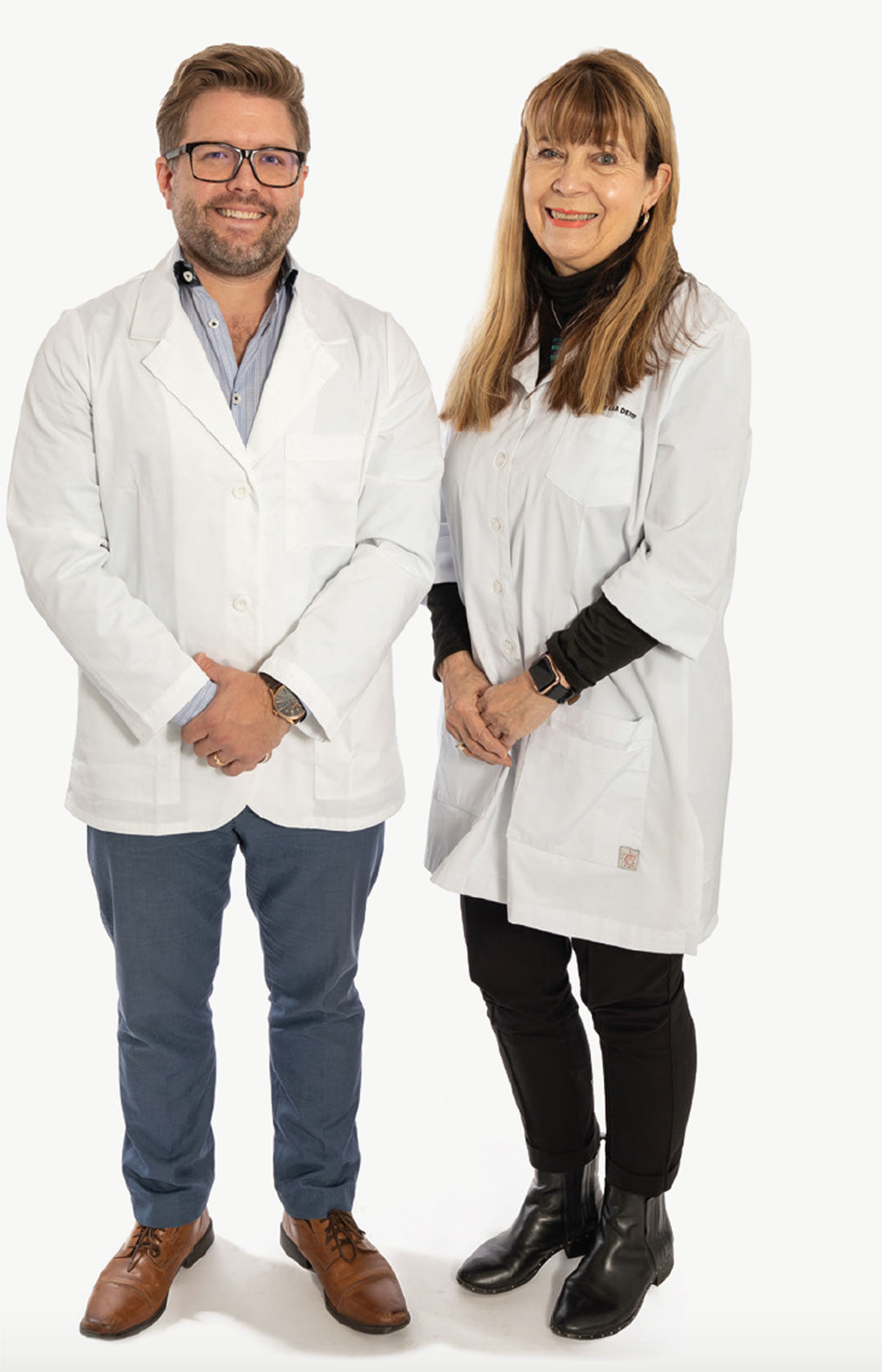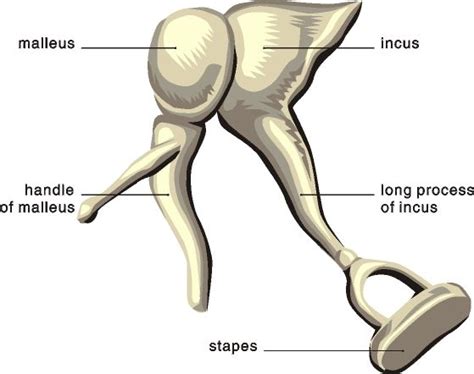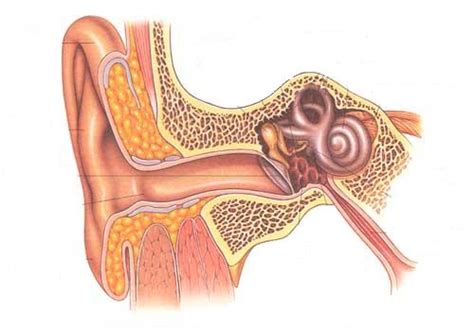Hearing Health Practitioners
Hearing Health Practitioners: Who they are and what they do Dr. Cliff on HIS vs Aud When people think of a hearing practitioner, most think of an Audiologist. Yet, for many clinics, like The Ear Depot, we have Hearing Instrument Specialists (HIS) on staff. So what's the difference between these hearing health practitioners? What can a HIS do? Does it matter which I see to get my hearing tested or get hearing aids? In this blog, we hope to answer those questions. Hearing Instrument Specialists, Practitioners, or Dispensers Hearing Instrument Specialists (HIS), or Practitioners (HIP), are hearing healthcare professionals certified in testing hearing and fitting hearing aids for adults (anyone over the age of 18). Areas in which they work include: To provide consultation on hearing, communication, tinnitus, etc. Performing hearing testsCounsellingProviding a hearing aid selectionTo customize hearing aid fittingsMaking of hearing aid or noise protection ear moldsInstruct in the maintenance and use of hearing aidsAdjust and repair hearing aidsRemove wax from the ear (this is a specialized certificate) In Ontario, the main difference between an Audiologist and a HIS in practice is the ability to see children. All prescriptions (hearing aids and medication) are still done through your family doctor. Hearing Instrument Dispensers (HID) are individuals who have graduated from a hearing instrument specialist program yet are awaiting their licencing exam. HID can still dispense hearing aids under licenced HIS supervision. Education With a growing adult population who will need hearing aids, HIS provides another avenue to receive quality care....




Recent Comments